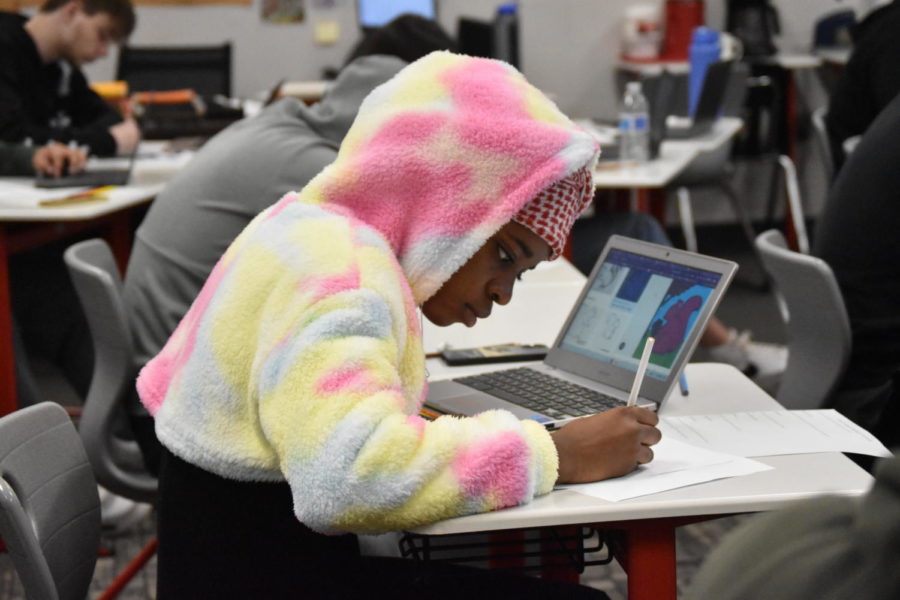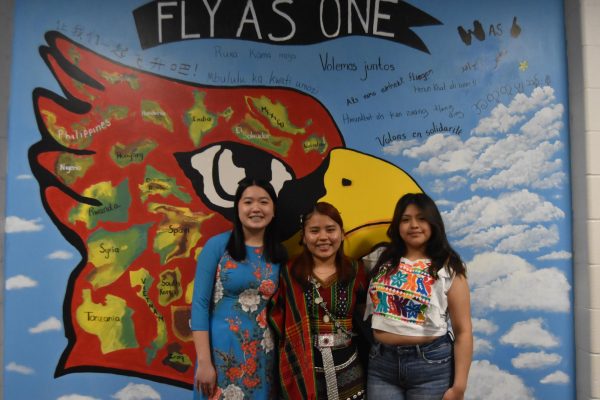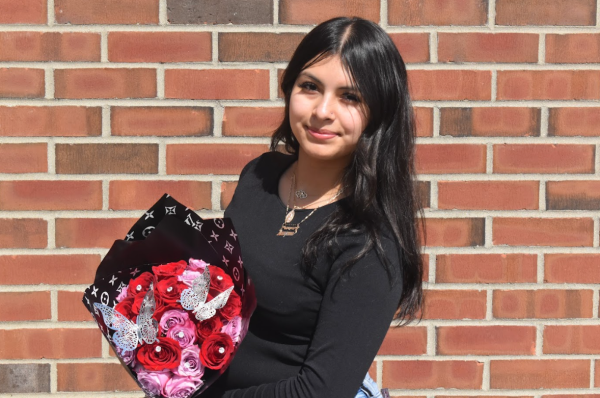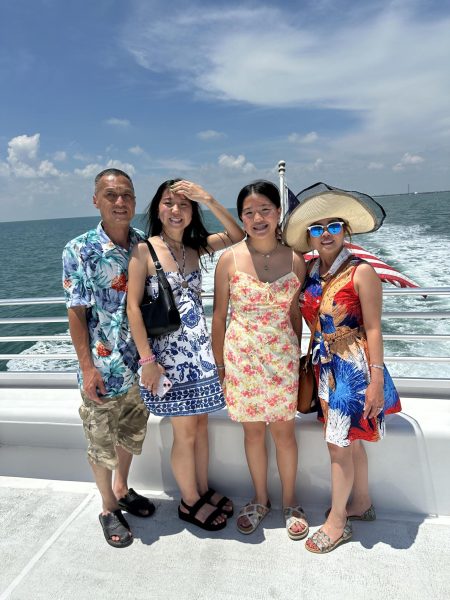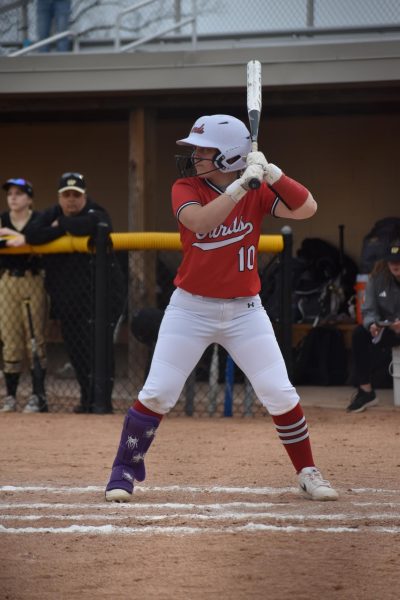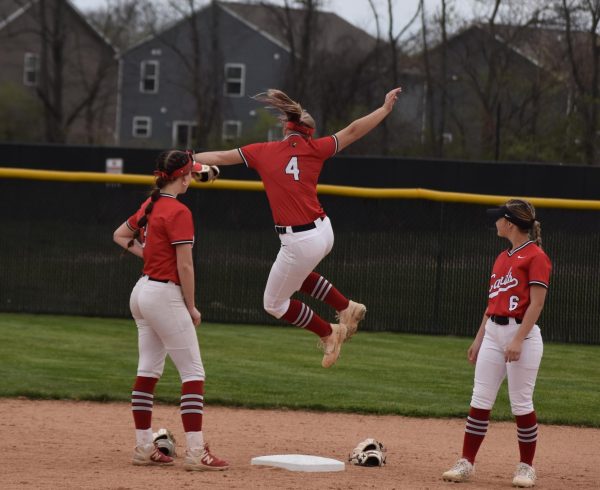Journey from Tanzania
Junior reminisces about her homeland and how she came to America
Junior Julienne Yafasa works on an assignment related to WWII in her U.S. history class on Jan. 24. She is known for her self-advocacy and good work ethic as said by her teacher, Andrew Geller.
Junior Julienne Yafasa remembers the first time she encountered racism when she arrived in America. Since she didn’t know any English when she entered middle school, she was often blamed for things she didn’t do and was left unable to defend herself.
She hasn’t been the only one hurt by the actions of others because of who she is. She knew students that were bullied, and even left their previous school because they were from Africa.
“If someone doesn’t know how to speak your language, it doesn’t mean you can treat that person badly … ,” Yafasa said. “I think people need to learn how to treat other people who don’t speak their language.”
Patrick Mulwale, the SHS Swahili translator, has been working with Yafasa for a couple of years. She was one of his first students when he began working at SHS.
Though Yafasa doesn’t need as much translation as she once did, she occasionally visits him. He considered her to be a bold
and determined student.
“She was struggling a little bit when she came,” Mulwale said. “But as time went on, she became a very serious student.”
Yafasa immigrated from Tanzania when she was 14 years old with her brother and her mom. Her parents were from Congo, but due to war, traveled to Tanzania where she was born. They had to live there in a refugee camp, which didn’t offer many opportunities.
Her parents divorced when Yafasa was two years old, making the process to get to America a lot more difficult. Her father wouldn’t sign for them to leave the country, so they had to use her grandfather’s signature.
She recalls how it was hard for her to leave the rest of her family.
“It’s hurtful to leave the people that we love as family and friends,” Yafasa said.
She said that she enjoyed the differences of how the schools operate in Tanzania versus in America. Lunch wasn’t served at school in Africa, so they would take money from home to buy street food instead. There were also two groups of students, those who went to school in the morning and those who went to school in the afternoon.
She likes the opportunities for education after high school. In the refugee camp she lived in, there wasn’t much she could do after she finished school.
Yafasa is grateful that she and her family can now feel safe where they live and can receive a good education.
After completing her education, Yafasa wants to find a job where she can travel back to Tanzania and help those in need.
“No matter what we passed through, we can’t forget where we came from,” Yafasa said. “Home is home.”
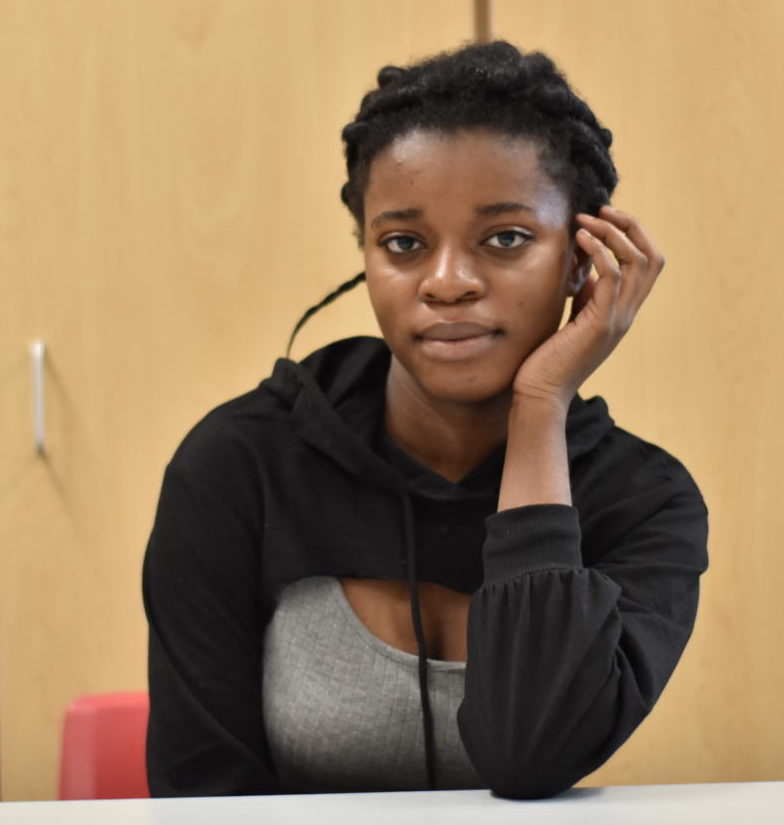
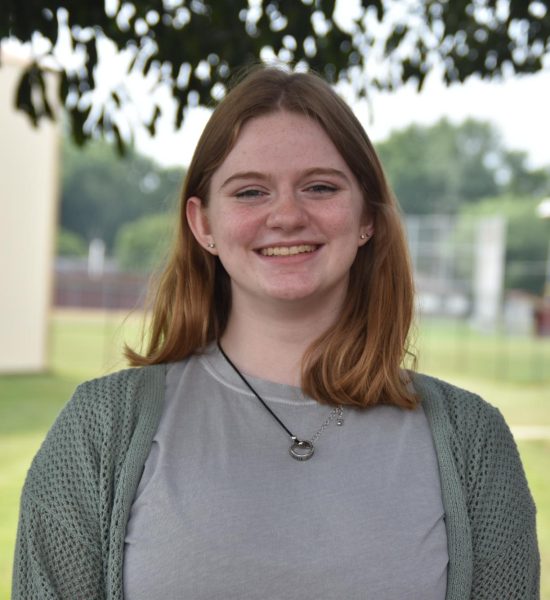
Hello! I’m Elisabeth Pointer, also known as E.P., and I’m this year's Opinion Editor! I’m a senior this year, and I’ve been in The Journal since...


